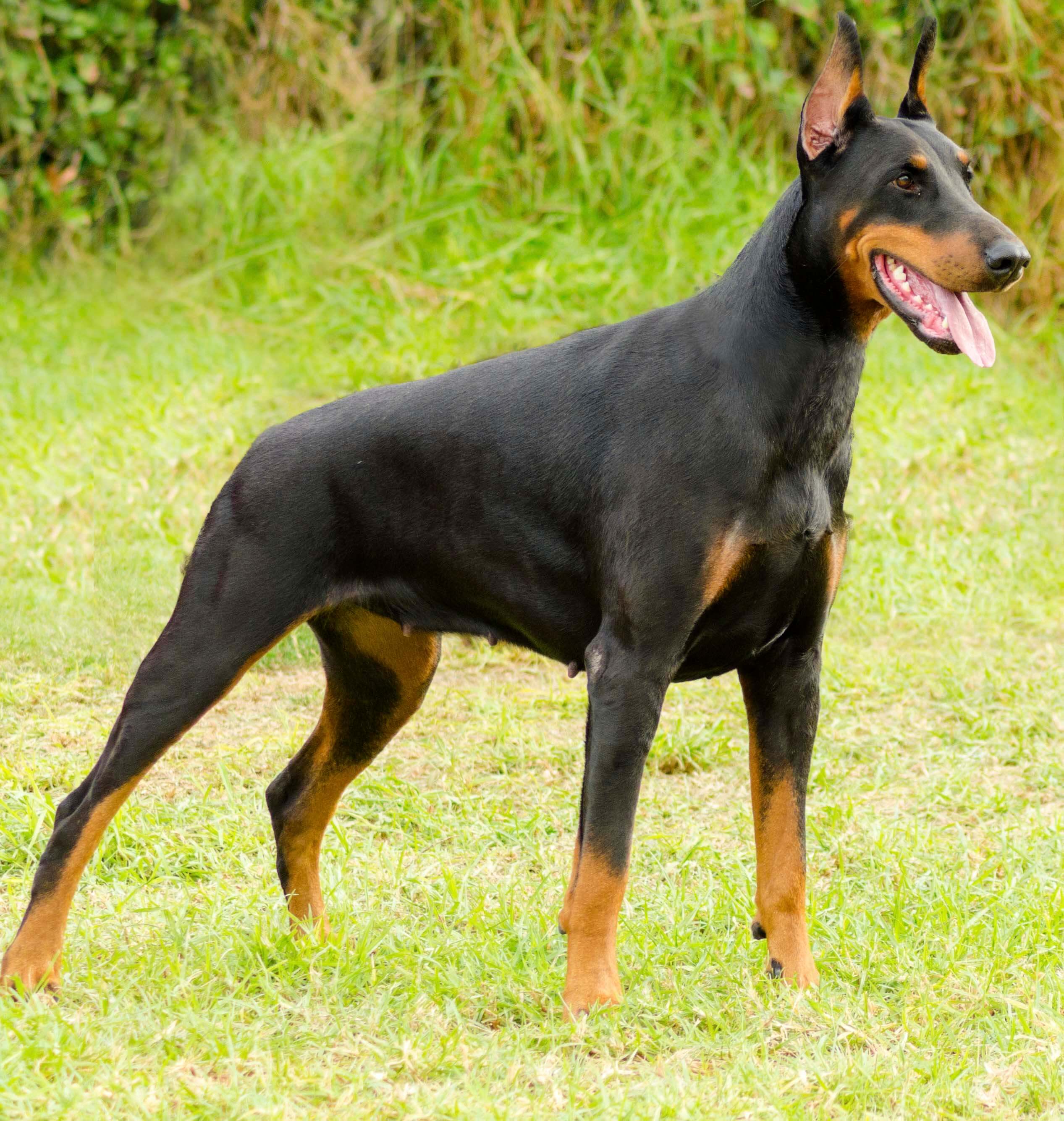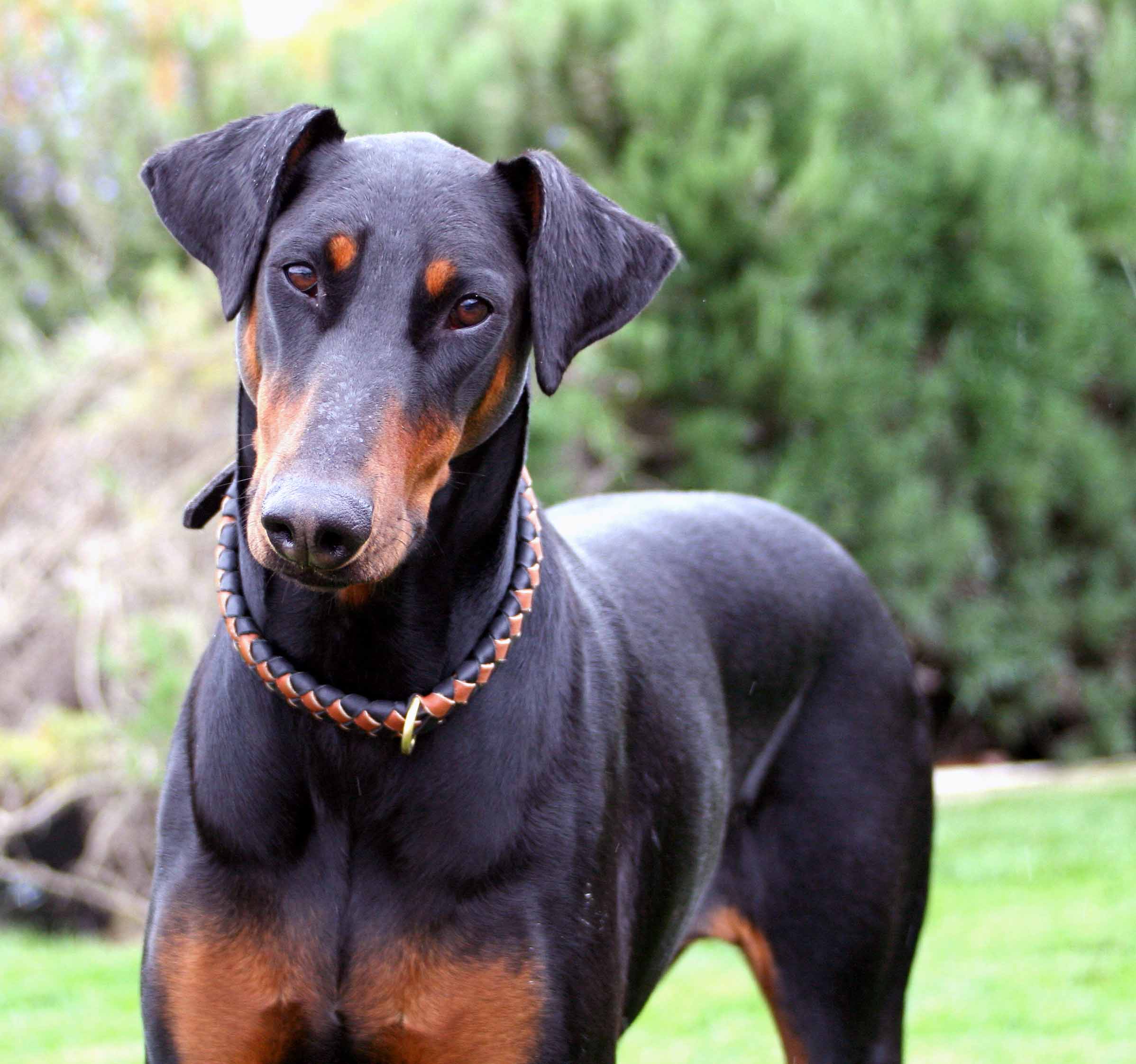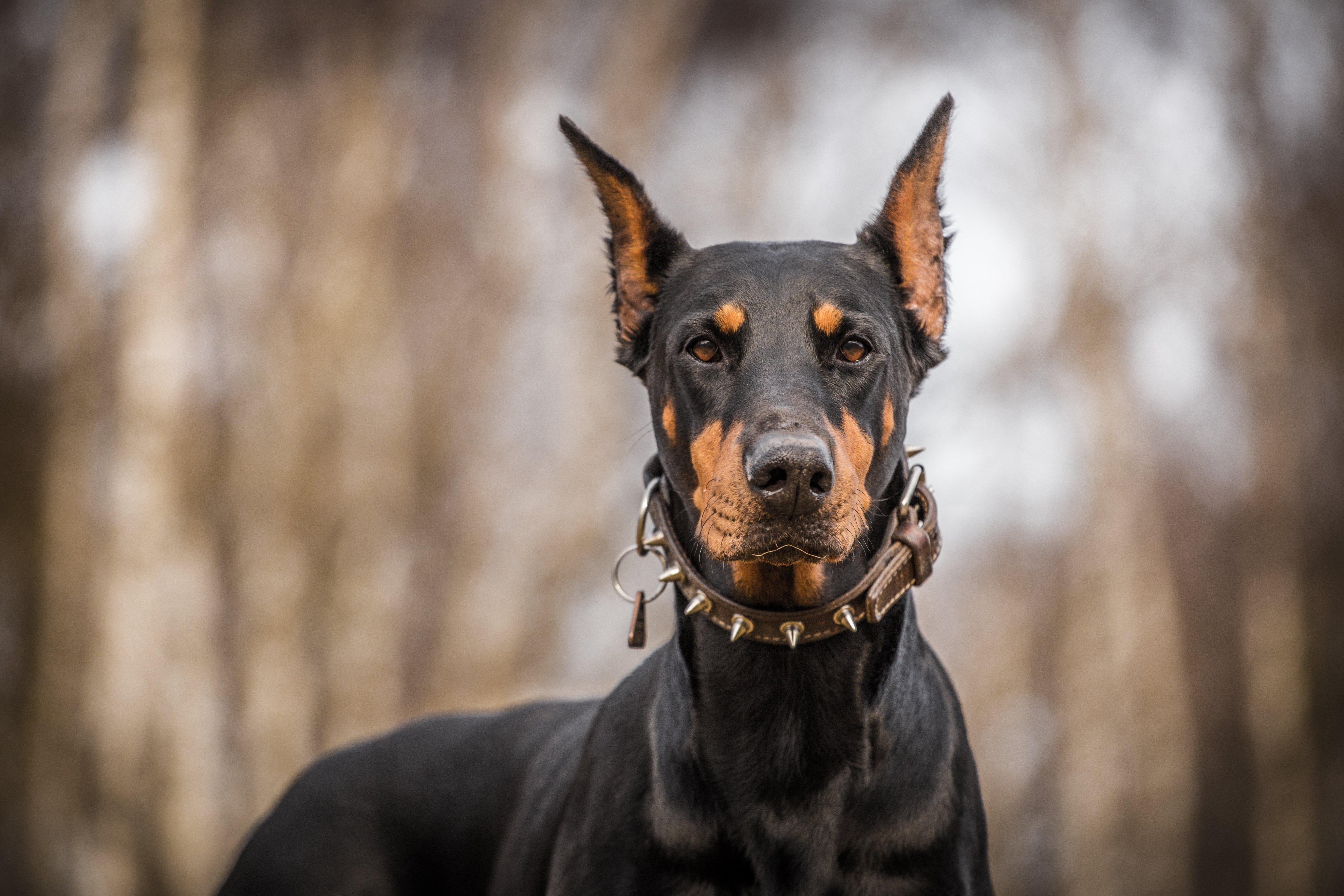Doberman Pinschers: Unraveling the Intricacies of Their Fearlessness
Introduction
Widely recognized for their unmatched loyalty, protective instincts, and exceptional athleticism, Doberman Pinschers have garnered a reputation as fearless companions. This essay delves into the complexities underlying their remarkable boldness, examining the biological, cognitive, and environmental factors that shape their legendary bravery. By exploring multiple perspectives, analyzing scholarly research, and considering both anecdotal and scientific evidence, this essay aims to provide a comprehensive understanding of Doberman Pinschers' unwavering resolve.
Biological Predispositions and Genetic Influences
Doberman Pinschers' fearlessness can be partly attributed to their genetic makeup. Selective breeding over generations has honed their innate protective instincts and enhanced their natural boldness. The breed's alert and vigilant temperament, coupled with their muscular and athletic build, contribute to their overall sense of self-assurance and readiness to face potential threats.
Moreover, their high levels of testosterone, a hormone associated with dominance and aggression, may play a role in their fearless demeanor. However, it is important to note that testosterone alone does not determine fearlessness, as other factors, such as early socialization and training, also influence their behavior.
Cognitive Factors and Emotional Intelligence
Cognitive abilities and emotional intelligence also shape Doberman Pinschers' fearlessness. They possess a keen capacity for learning and problem-solving, enabling them to assess situations quickly and respond appropriately. Their ability to distinguish between real threats and non-threatening stimuli helps them avoid unnecessary fear or aggression.
Furthermore, Doberman Pinschers exhibit high levels of self-confidence and a strong sense of duty. They perceive themselves as guardians of their family and territory, fostering a natural inclination to confront perceived dangers without hesitation. This innate sense of responsibility contributes significantly to their fearless nature.
Environmental Influences: Socialization and Training
Environmental factors play a crucial role in shaping Doberman Pinschers' behavior. Proper socialization from an early age is essential for developing their confidence and reducing fearfulness. Exposing them to various situations, people, and animals in a positive manner allows them to learn appropriate social cues and build a foundation of trust.
Training is another important environmental factor that influences Doberman Pinschers' fearlessness. Consistent and positive reinforcement-based training techniques help them develop obedience, impulse control, and a sense of purpose. By teaching them specific commands and behaviors, such as "stay" and "come," owners can instill confidence in their dogs and reduce their reactivity to potential threats.
Perspectives and Controversies
While Doberman Pinschers are generally known for their fearlessness, there are varying perspectives on the nature and extent of their boldness. Some argue that the breed's natural protectiveness and strong bond with their owners can lead to excessive aggression and fearfulness. They emphasize the importance of responsible breeding and training to prevent overly aggressive behaviors.
Others contend that Doberman Pinschers' fearlessness is a valuable asset, making them exceptional protectors and companions. They believe that with proper socialization and training, the breed's inherent boldness can be channeled into positive behaviors without compromising their temperament.
Balancing the breed's natural protective instincts with appropriate socialization and training is crucial for fostering a harmonious coexistence between Doberman Pinschers and their owners. Responsible breeders and owners play a vital role in ensuring that these dogs' fearlessness is directed towards protecting their loved ones rather than becoming a source of unwarranted aggression.
Conclusion
The fearlessness of Doberman Pinschers is a complex trait influenced by a multitude of factors. Their genetic predispositions, combined with their cognitive abilities and emotional intelligence, provide a foundation for their innate boldness. Environmental factors, such as socialization and training, further shape their behavior and help channel their natural protectiveness into controlled and appropriate responses.
Understanding the intricacies of Doberman Pinschers' fearlessness is essential for responsible ownership and fostering a strong and mutually fulfilling bond between these loyal and courageous companions. By embracing a balanced approach that respects their inherent boldness while emphasizing responsible breeding, training, and socialization, owners can harness the positive aspects of their fearlessness and minimize the potential for aggression.
As we continue to explore the complexities of Doberman Pinschers' behavior, ongoing research and responsible breeding practices will further enhance our understanding of these remarkable dogs and help ensure their legacy as fearless and devoted companions.
Why Yorkshire Terriers Are Great For People With Busy Lifestyles
Rottweilers And Their Role As Service And Therapy Dogs
Beagles And Their Natural Instinct To Hunt: Fun Facts



